Kirkwood High School has an enrollment of 1,654 students, and only 2 percent come from parents with two different ethnic backgrounds. The New York Times talked to students beginning to identify themselves as “mixed,” and found that more and more people choose to acknowledge their unique ethnicity. The Kirkwood Call investigated some of KHS’s own students’ backgrounds.
Taylor Ramsaroop
At first glance, Taylor Ramsaroop appears to be nothing more than the Irish-Catholic she has inherited from her mother. Though her Irish heritage is prominent in her life, she is also half Indian, inheriting both genes and culture from her dad’s side of the family.
“We still celebrate American traditions,” Ramsaroop, sophomore, said. “We just eat things like curry.”
Ramsaroop’s paternal grandparents came to the United States in order to freely practice Christian beliefs away from their Muslim relatives in northern India.
“My dad was raised Christian. He isn’t Buddhist or anything,” Ramsaroop said. “My step-mom is an ordained Buddhist monk, though, so we have a lot of Buddhist stuff in our house, but my dad isn’t religious.”
The family on her mother’s side pressures Ramsaroop to be more Catholic than she is.
“My mom’s parents look at my dad differently, so they look at me differently,” Ramsaroop said. “I’m not Catholic like them.”
Though part of her family remains skeptical of her heritage, Ramsaroop maintains the belief that having an ethnic parent is beneficial.
“It makes me more understanding of different cultures,” Ramsaroop said. “It really helps you mature when you have such different dynamics in your house.”
Jojo Harig
Life for Jojo Harig, freshman, changes more when he visits his aunts, uncles and cousins halfway across the world.
“I don’t get to see half of my family,” Harig said.
This is because his mother’s family lives in Tunisia, a country in Northern Africa. His father is from St. Louis.
Having a Caucasian father and Arabic mother exposes Harig to different aspects of culture in everyday life, including languages. Harig understands French and Arabic, both commonly spoken languages in Tunisia.
Though Harig does not identify with a religion, his mother still prays five times a day in accordance with Muslim tradition. This different religion brings both variety and problems to the family.
“I remember trying to go on an airplane right after 9/11,” Harig said. “They took [my mom] and asked her questions. I was scared they would take her to jail.”
Other problems have occurred recently with family in Tunisia as they experienced a change in government.
“We talk to them a lot on Skype,” Harig said. “Then they shut down the Internet. At one point we heard gunshots in the background.”
Because of the mix of ethnicity in his house, Harig believes he understands more about the world.
“My views of the world are different,” Harig said. “There are more things happening than just here.”
Mike Butler
Daily life is no different for Mike Butler, junior, despite the fact his mother is Caucasian and his father is African-American.
“Family life is as normal as it gets,” Butler said.
Though some would let race determine who they are as a person, Butler believes differently.
“Race doesn’t shape who you are as a person,” Butler said. “It’s your lifestyle, daily activities and who you hang out with on a regular basis.”
He also does not believe anything special comes from being from different races.
“There aren’t really any disadvantages,” Butler said. “Nor are there any advantages that affect life.”
Butler does not think that life would be any different if he was not from a single race.
“The only thing I can really think of is that since I’m mixed, I don’t have to go tanning,” Butler said.



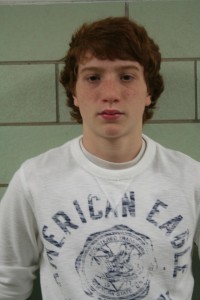
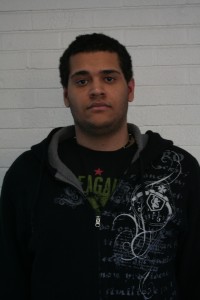

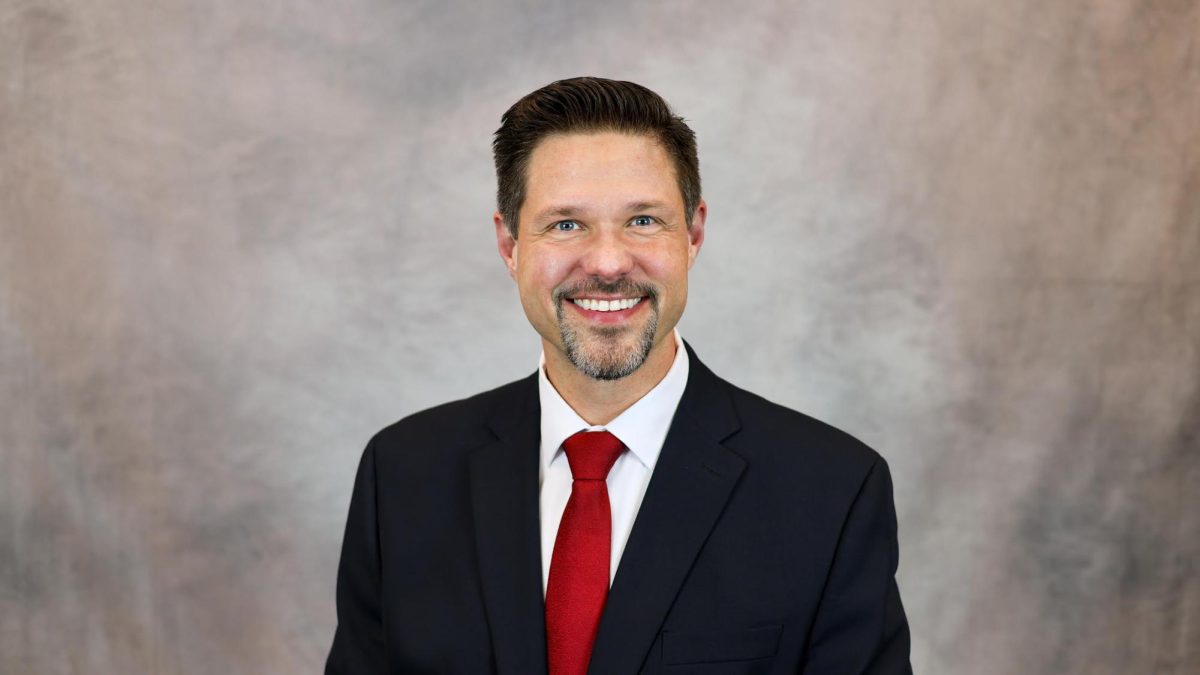

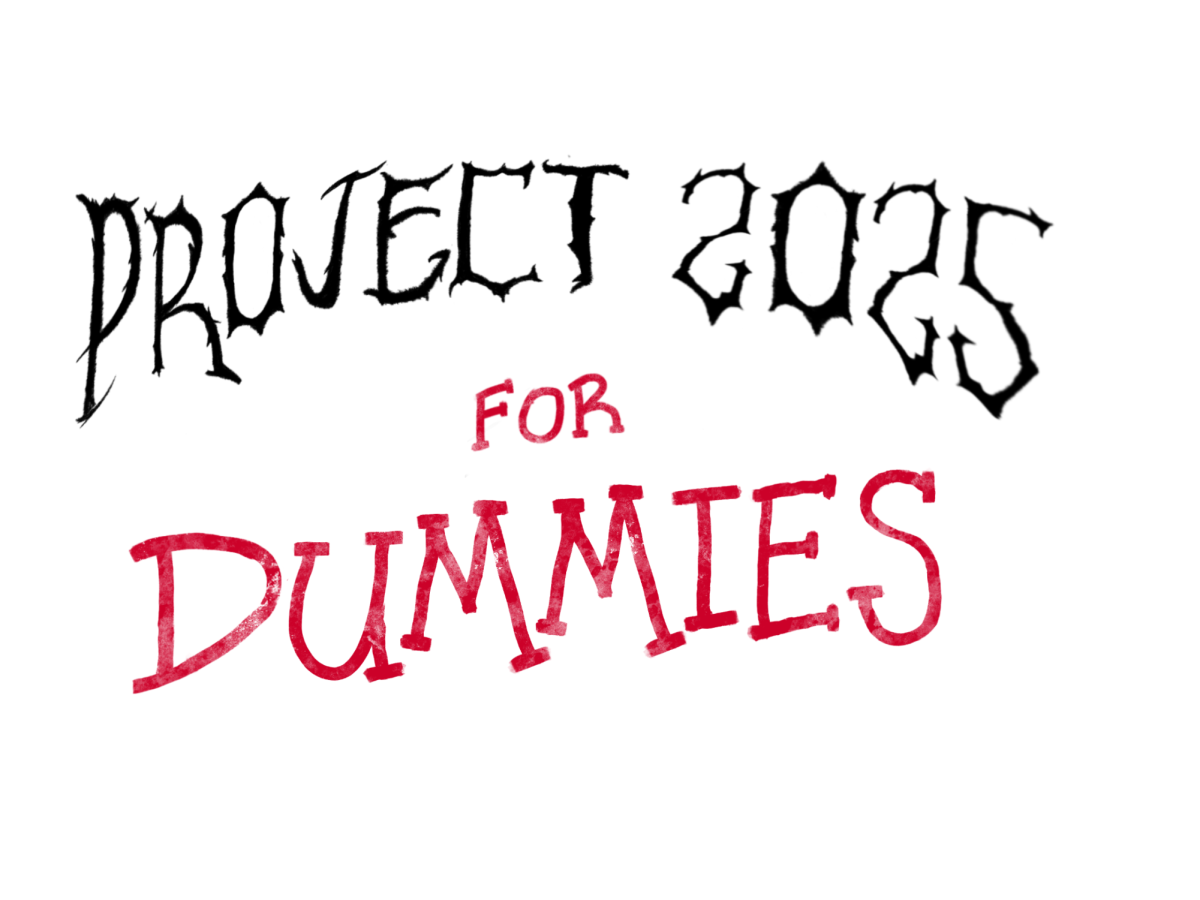
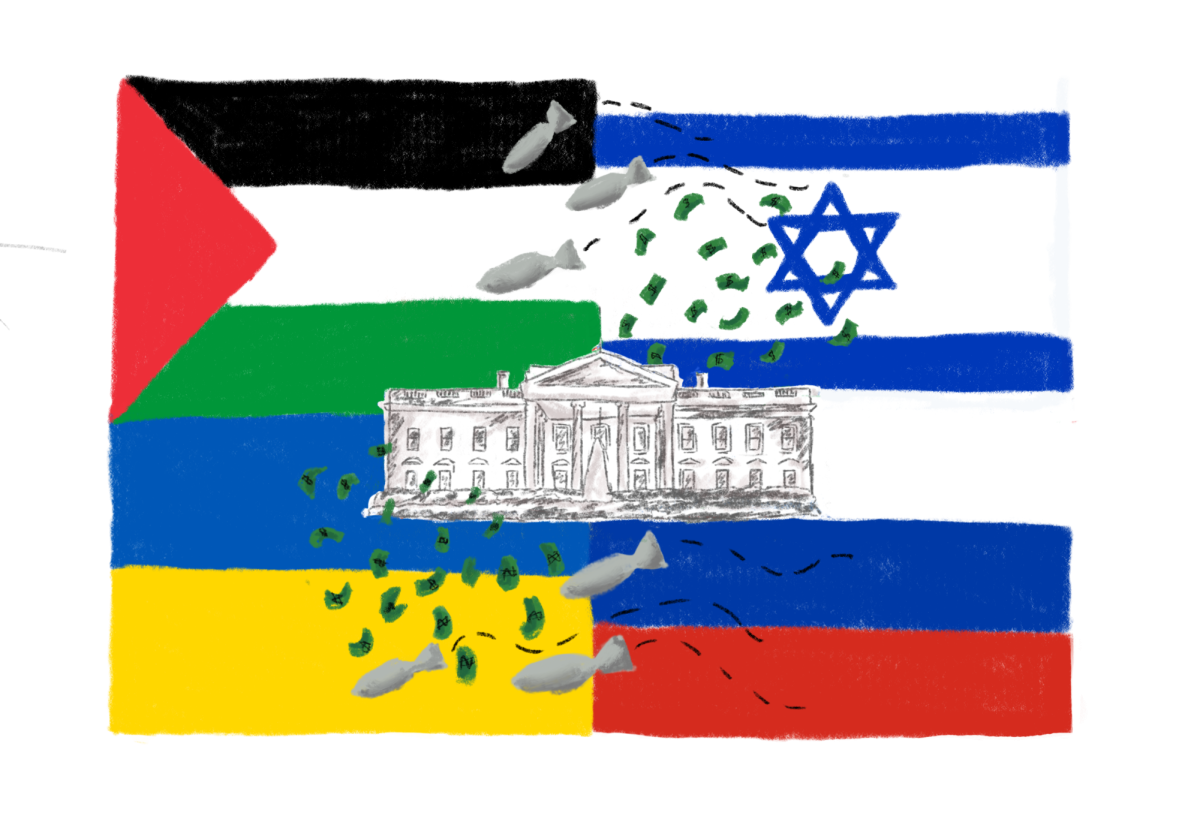


Chloé • Apr 8, 2011 at 10:58 pm
I found this number really interesting, 2% is really low ! I am from Switzerland, and in my class last year, more than half of the people were not entirely Swiss, or not genetically Swiss at all. Portuguese, Spanish, Egyptian, Algerian, Romanian, Russian, Austrian, Brasilian, we had a little bit of everything.
This is why most of the people in my country speak more than one language : in addition to the languages we have to learn at school (French, German, English and sometimes a forth and fifth language), people speak their parents’ native language. Not always, but very often. In fact, my dad – who is from Cataluña, a state in the North of Spain – never spoke neither Spanish nor Catalan to me, and I wish he did, but luckily when I was in 4th grade I decided to learn Spanish by taking classes, 3 hours a week. It was a lot, but it was worth it, because now my Spanish is pretty good. I love the fact that when I went to Dominican Republic over Christmas Break, I could understand everyone : the people who were speaking English, those who were from Quebec and spoke French and the Dominicans who spoke Spanish. I still need to work on my German though, it’s absolutely primordial to find a job in Switzerland, especially in my town that is supposedly bilingual but where German is still the dominant language.